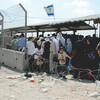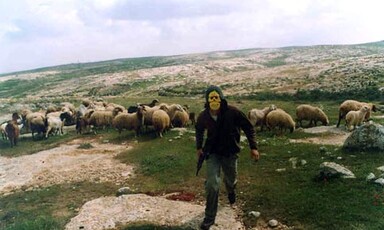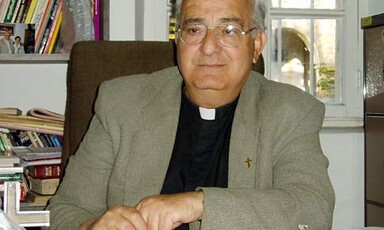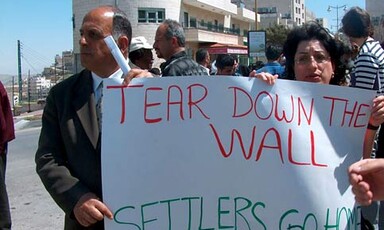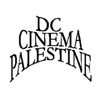
Activist Speaks On Difficulty of Mid-East Peace
5 April 2005
Ali Abunimah, a Palestinian activist and co-founder of Electronic Intifada, a website that explores the Israeli/Palestinian conflict through a Palestinian perspective, spoke at Cornell yesterday evening and shed light on the fundamental debate: “Is Peace in Palestine a doomed fantasy?” Abunimah was brought to Cornell by a new Cornell club, Student Advocates of Palestine. “Our goal is to educate people in Cornell about the Israeli/Palestinian conflict from the Palestinian perspective,” president Chris Tozzi ‘08 said. Read more about Activist Speaks On Difficulty of Mid-East Peace

